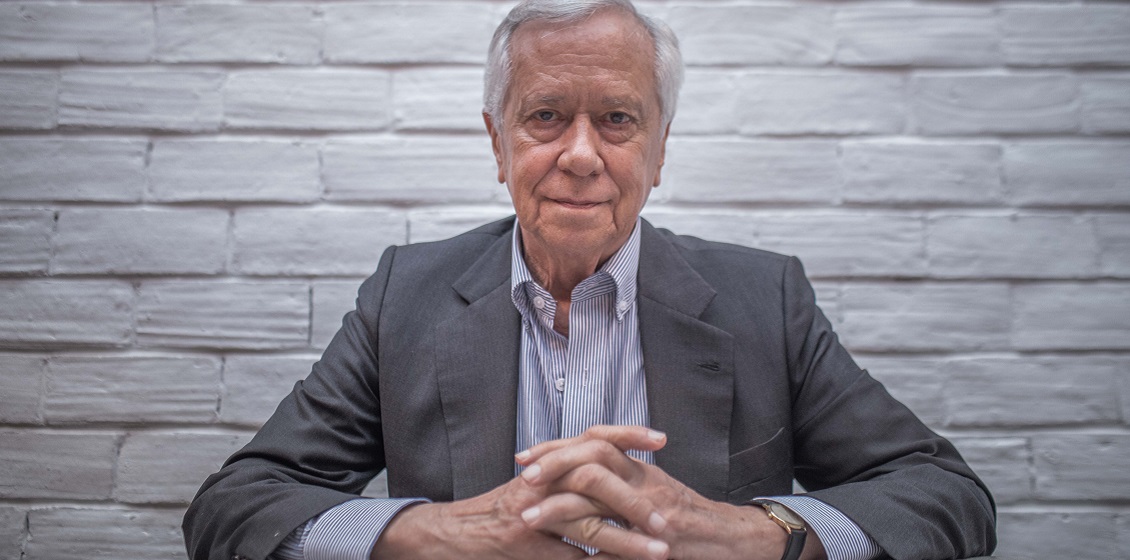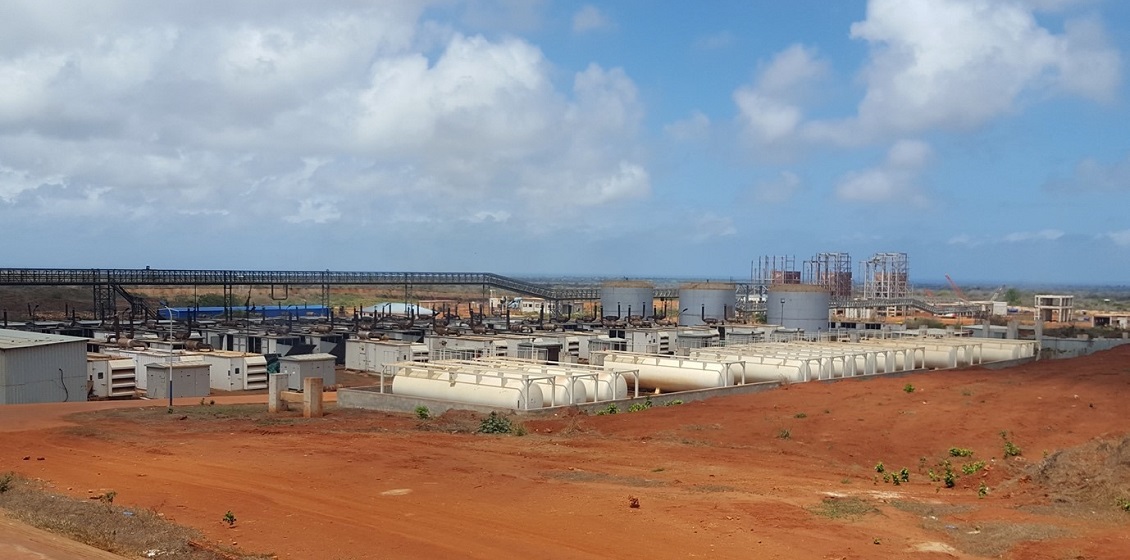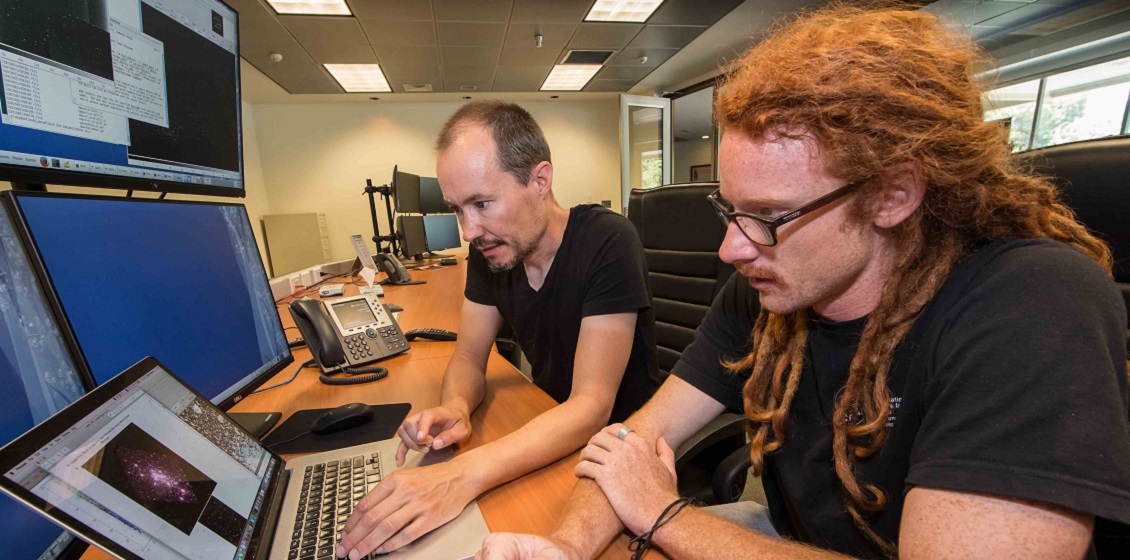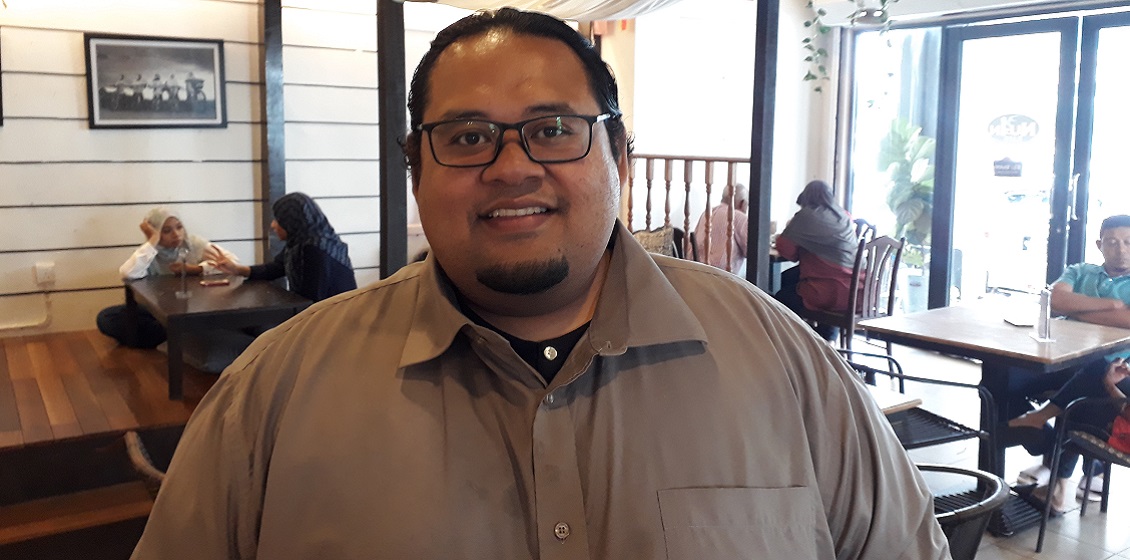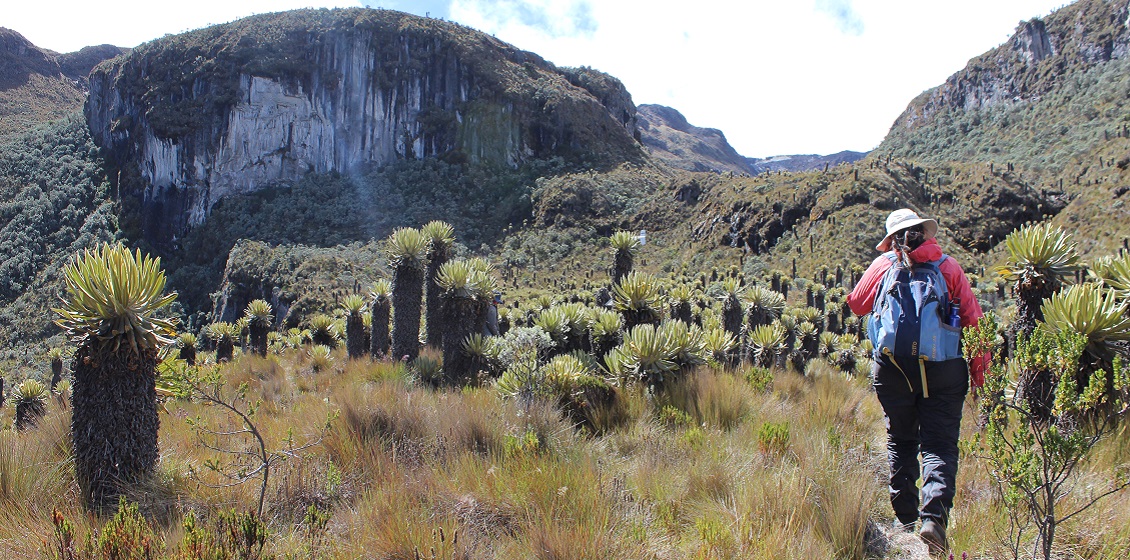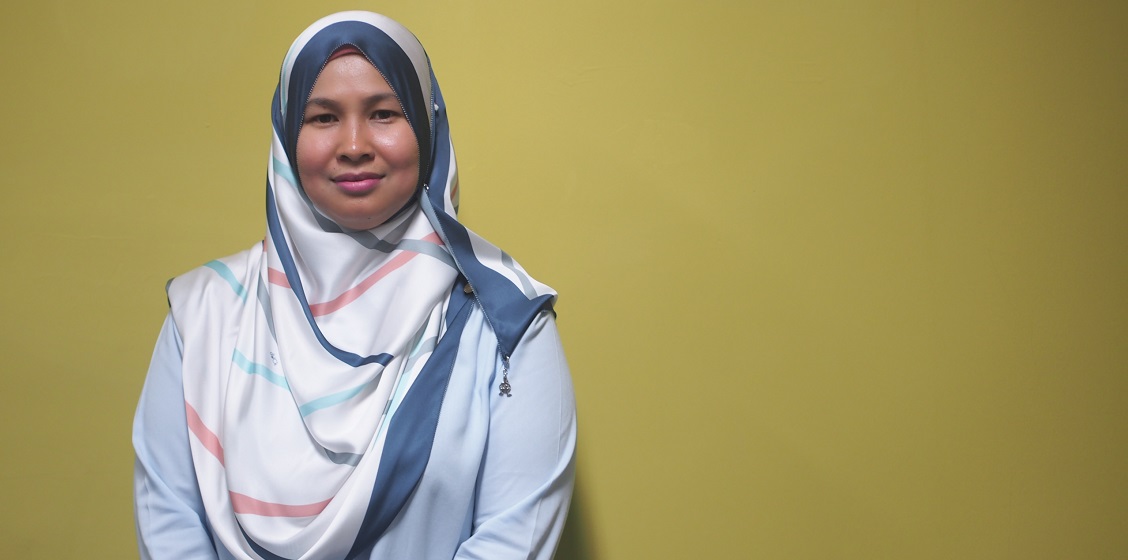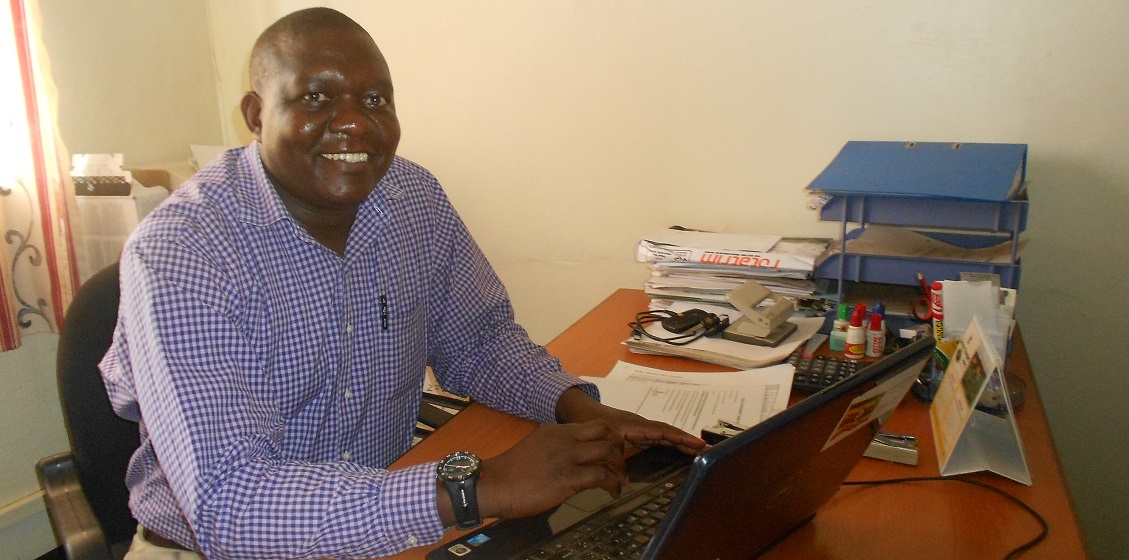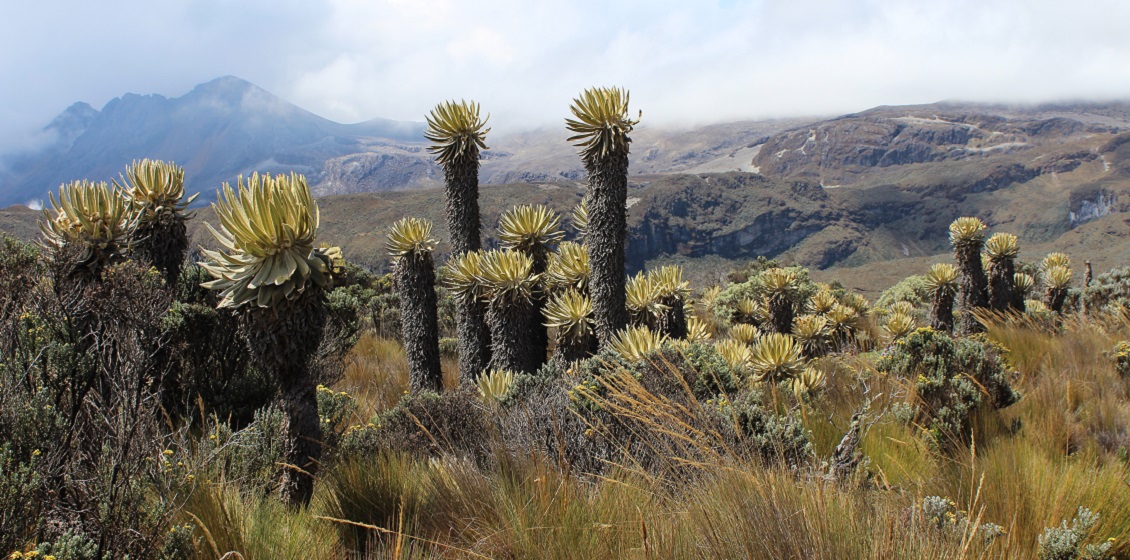Colombia struggling to improve level of research
A recent initiative of the first Ministry of Science, Technology and Innovation in Colombia creates hope in the research-ambience in the country and expectations of stronger budgetary prioritizing of this central area for development in the country.


